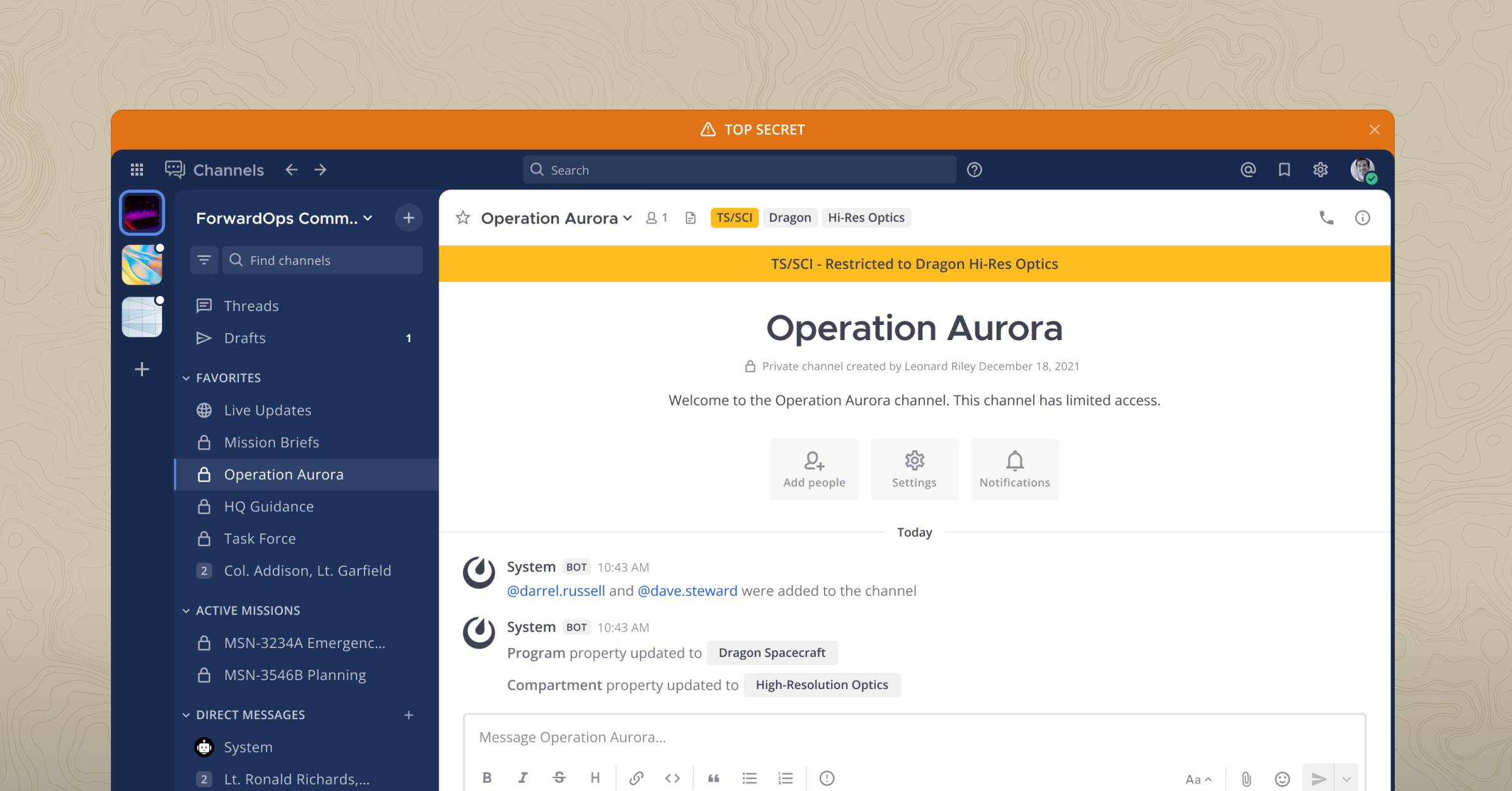
Connecting Remote DevOps Teams with Mattermost
Over the last decade, remote work has entered the mainstream.
Not only does remote work improve work-life balance and increase productivity, it also saves money and lets companies hire from a much wider talent pool.
Remote DevOps is becoming the new normal
Due to this confluence of factors, it’s probably not too surprising that the majority of engineers now embrace working remotely. More specifically, a recent study from DigitalOcean found that:
- 86 percent of developers work remotely at least on occasion
- 33 percent work from home full-time
- 28 percent take a hybrid approach, working from home sometimes and an office other times
“Remote work is the new normal for developers—not just something they prefer, but something they increasingly demand from employers,” writes Al Sene, VP of engineering at DigitalOcean.
When asked how important a flexible schedule was on a 1-to-5 scale, with 5 being “most important, 83 percent of devs responded 4 or 5.
Suffice it to say that if you want to hire the best developers—something that should be a goal of any software company—you need to offer opportunities for remote work. It’s that simple.
Is remote work isolating?
One of the biggest misconceptions with remote work is that some employees feel isolated from their peers and the company culture, particularly when certain colleagues work in an office and the rest of the team is spread out across the world.
Yet according to the DigitalOcean study, 71 percent of remote developers actually feel quite connected to their companies.
In large part, this is due to the fact that 73 percent of DevOps teams have access to messaging and collaboration tools like Slack, Mattermost, and Microsoft Teams.
These platforms enable distributed employees to stay connected and communicate and collaborate in real time.
Mattermost for Remote DevOps
Mattermost is a remote-first company. Our developers live around the world, and we use Mattermost every day to stay connected and continuously improve our products.
Just because we’re a remote-first company doesn’t mean we never see each other.
In fact, we “see” each other throughout the day thanks to the video conferencing plugins that work with Mattermost (e.g., Zoom, Skype for Business, and BigBlueButton).
We also work openly and transparently on Mattermost, so it’s easy to see what everyone is doing each day and how certain decisions were made.
Despite the benefits of remote teams, face-to-face meetings are still important and needed to build camaraderie. Each year, we host an offsite that brings our staff and select community members together under the same roof for a few days. For example, MatterCon 2019 took place in the Dominican Republic and MatterCon 2018 was held in Lisbon, Portugal.
But for the most part, everything we do is completely remote and we wouldn’t have it any other way.
Is it time to think about freeing your DevOps team from the confines of a physical office?
If so, you may want to give Mattermost, the open source messaging platform built for remote DevOps teams, a try.
Get started with Mattermost today to find out why companies like Affirm and Broadridge Financial run their DevOps teams on Mattermost.
Are you a developer who’s looking to join a remote-first company that offers flexible schedules and the opportunity to work with cutting-edge technologies? Browse our job openings today.




